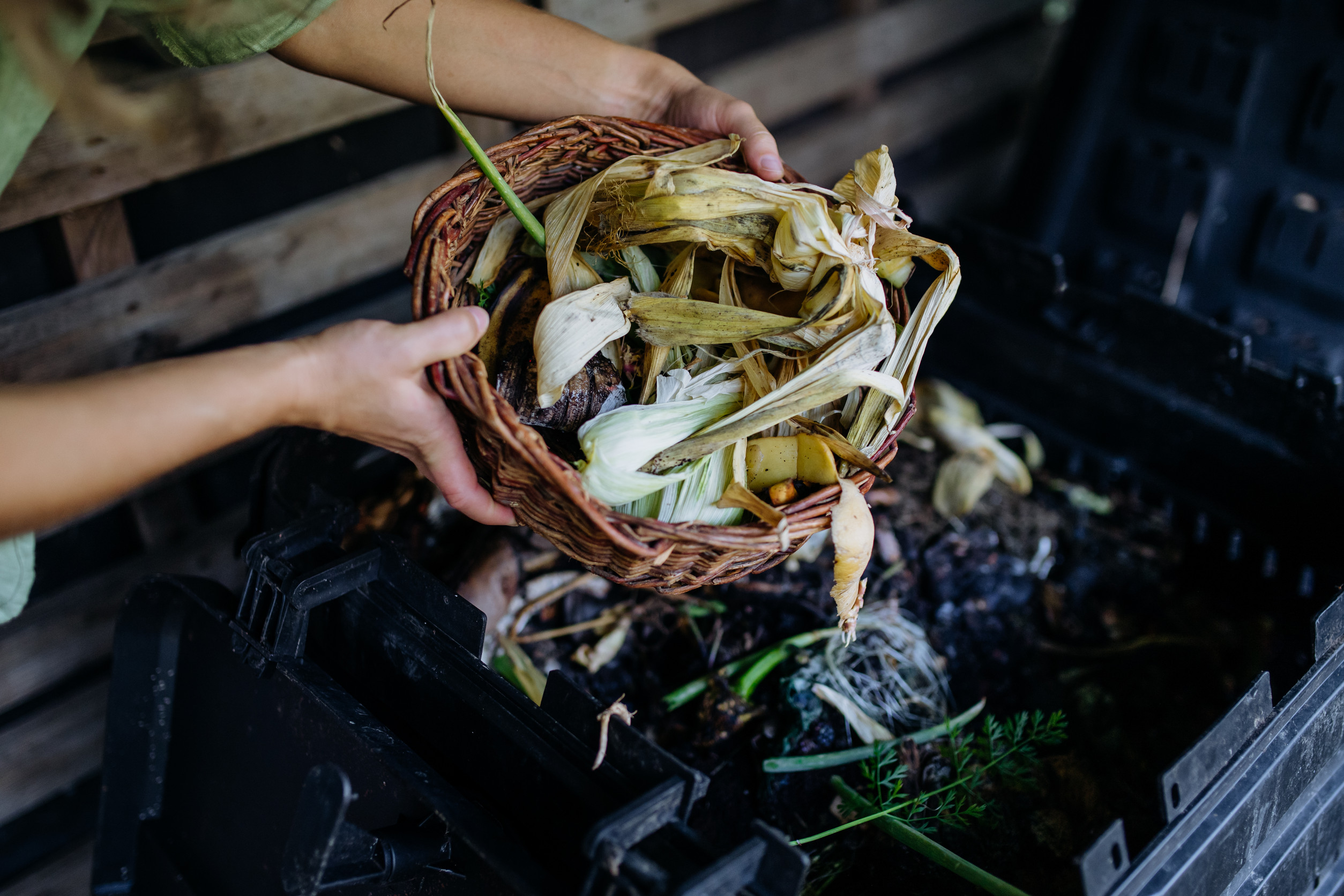BY THE OPTIMIST DAILY EDITORIAL TEAM
So you’ve purchased a composting bucket and instituted sustainable food scrap disposal in your home. Great! Now, let’s make sure you’re compositing properly to generate the most benefits for you and the planet. Today we share some of the most common composting mistakes and how you can avoid these classic pitfalls.
Jumping in unprepared
Getting a compost bucket is great, but it’s somewhat useless if you don’t have somewhere to dispose of your collected scraps. Before you begin collecting, make sure you have a backyard compost pile, device, green waste bin, or community garden to dump your scraps.
Not checking compost guidelines
If you’re composting with your local city, there are likely strict guidelines on what can be included. Some, for example, will accept paper towels and dairy, while many do not. If you’re composting your scraps in your own backyard, it’s probably best to steer clear of dairy, meat, and paper towels as they take longer to break down and can cause your compost pile to get pungent pretty quickly.
Not adding water
Turning yard trimmings, food scraps, and other organic materials into viable, nutrient-rich soil in your backyard requires not only scraps and sunlight but also water! When squeezing your compost content, you should get a few drops of water coming out with each handful. If your compost feels dry, try sprinkling a bit of water over it with each added load.
Not enough air
In addition to water, compost needs air. Composting is an aerobic process, so make sure both your bucket and outdoor pile have adequate airflow and aren’t too compacted.
The compost bin is too small
Microbes that decompose food scraps generate energy in the form of heat, but they need space to evaporate moisture and kill pathogens. Backyard bins should be at least three cubic feet to provide room for proper decomposition.
Not checking compost balance
Compost shouldn’t attract bugs or rodents or produce a strong odor. If your compost bin is experiencing these symptoms, it’s important to take action quickly to keep it healthy. Make sure no unwanted materials are making their way in there and that you have an even balance of food scraps and yard waste.
Using compost too soon
Using compost in your garden before it has fully broken down will reduce the availability of oxygen to plant roots and can compete with plant roots for available nitrogen in the soil. Good compost takes six to 12 months to mature. It’s a long process, but it will be worth it in the end.










